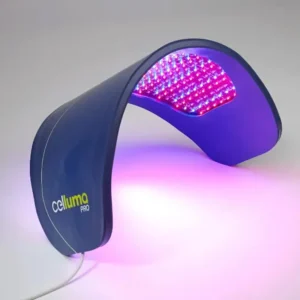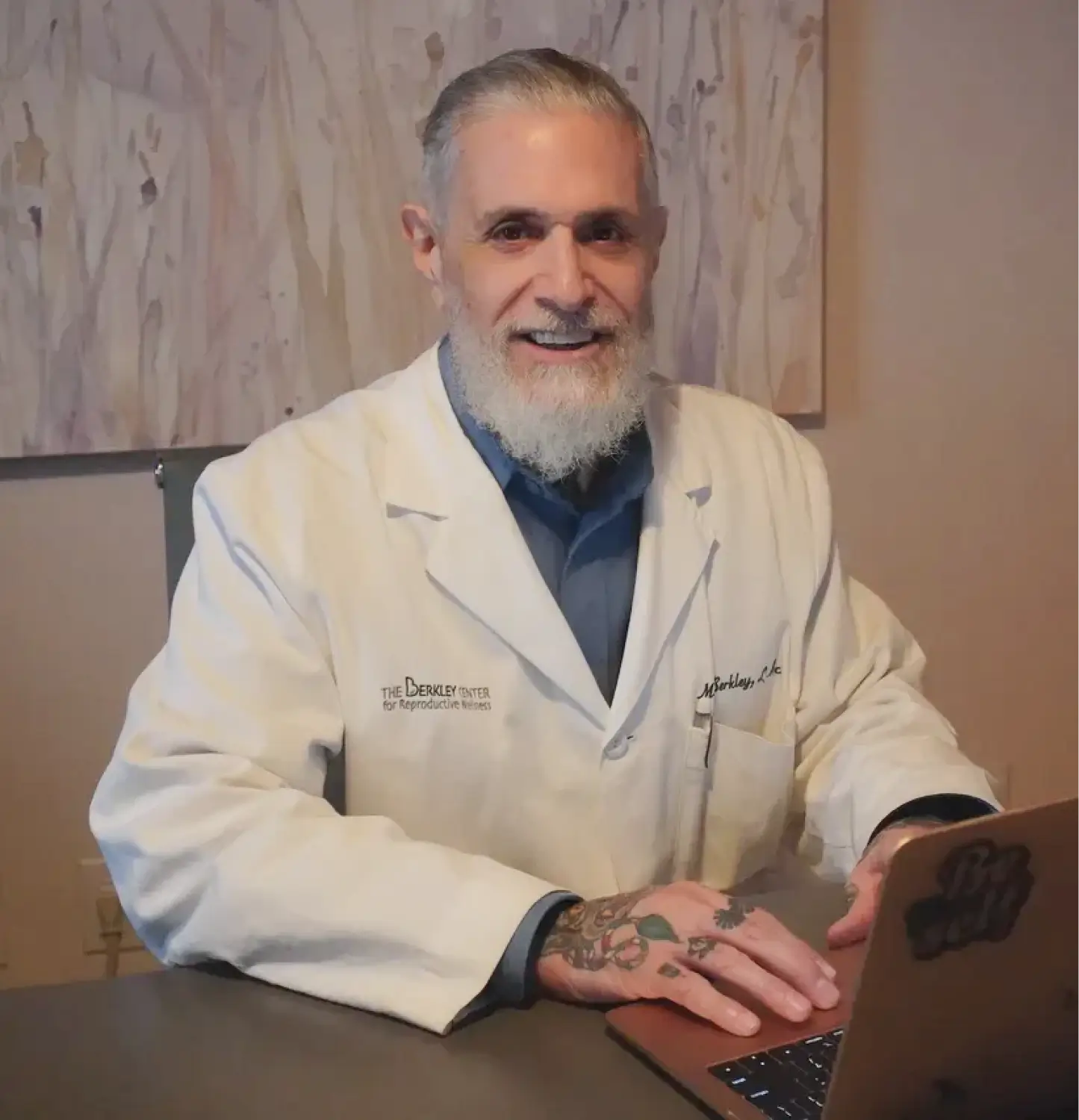The Role of IGF-1 in Improving Egg Quality and Ovarian Reserve
How IGF-1 Affects Follicular Development and Egg Quality
IGF-1 (Insulin-like Growth Factor 1) plays a crucial role in follicular development and egg quality.
- Follicle Growth and Maturation: IGF-1 stimulates the growth and maturation of ovarian follicles, which contain the developing eggs. It promotes the proliferation and differentiation of granulosa cells, which are essential for follicle development and egg quality.
- Follicular Fluid Composition: IGF-1 is present in the follicular fluid, the liquid surrounding the developing egg within the follicle. It contributes to the optimal composition of the follicular fluid, providing nutrients and growth factors necessary for proper egg development.
- Oocyte (Egg) Quality: IGF-1 has a direct effect on the oocyte itself, influencing its quality and developmental potential. It supports the maturation of the egg and enhances its ability to undergo successful fertilization and embryo development.
- Ovarian Reserve: IGF-1 levels are associated with ovarian reserve, which refers to the number and quality of remaining eggs in the ovaries. Higher levels of IGF-1 are linked to a better ovarian reserve and improved fertility potential.
- Hormone Regulation: IGF-1 interacts with other hormones, such as follicle-stimulating hormone (FSH) and luteinizing hormone (LH), to regulate follicular development and ovulation. It plays a role in the hormonal signaling pathways involved in folliculogenesis.
By supporting follicle growth, egg quality, and ovarian reserve, IGF-1 is crucial for optimal reproductive function and fertility. Maintaining healthy levels of IGF-1 through lifestyle factors, such as diet and exercise, or supplementation (if recommended by a healthcare provider) can potentially improve follicular development and increase the chances of successful conception.
Methods to Increase IGF-1 Levels and Improve Egg Quality
There are several approaches that can potentially increase IGF-1 levels and improve egg quality in older patients with low ovarian reserve:
- Low-Level Light Therapy (LLLT): LLLT, also known as photo biomodulation, has been shown to enhance mitochondrial function and increase IGF-1 levels in ovarian cells. By improving mitochondrial activity, LLLT can help rejuvenate aging eggs and improve their quality.
- DHEA Supplementation: Dehydroepiandrosterone (DHEA) is a hormone that can be converted into testosterone and estrogen in the body. Supplementation with DHEA has been found to increase IGF-1 levels and improve ovarian reserve and egg quality in some women with diminished ovarian reserve.
- Acupuncture: Acupuncture has been shown to increase IGF-1 levels and improve ovarian function in women with diminished ovarian reserve. It is believed to work by regulating hormones, improving blood flow to the ovaries, and reducing stress.
- Herbal Medicine: Certain herbal formulations used in Traditional Chinese Medicine (TCM) may help increase IGF-1 levels and support egg quality.
- Diet and Lifestyle Modifications: A diet rich in protein, healthy fats, and antioxidants, combined with regular exercise and stress management, can help optimize IGF-1 levels and support overall reproductive health.

Application of Low-Level Light Therapy in Reproductive Medicine
Low-level light therapy (LLLT) has shown promising results in improving egg quality, particularly in older women with diminished ovarian reserve and poor egg quality. Here’s how LLLT can enhance egg quality:
- Improving Mitochondrial Function: LLLT increases mitochondrial function and ATP production in the egg cells. As women age, mitochondrial activity declines, leading to poor egg quality. LLLT can help rejuvenate aging eggs by enhancing their mitochondrial function and energy levels.
- Reducing Oxidative Stress: LLLT has been found to reduce oxidative stress in egg cells, which can damage cellular structures and impair egg quality. By reducing oxidative stress, LLLT helps protect the eggs from further deterioration.
- Enhancing Cytoplasmic Maturation: LLLT has been shown to improve cytoplasmic maturation of eggs, which is crucial for successful fertilization and embryo development. Proper cytoplasmic maturation ensures that the egg has the necessary cellular machinery for early embryonic development.
- Increasing Fertilization Rates: Studies have reported higher fertilization rates and improved embryo quality when LLLT was applied to eggs before fertilization. This suggests that LLLT can enhance the egg’s ability to be successfully fertilized and develop into a healthy embryo.
- Improving Ovarian Reserve: In some cases, LLLT has been associated with an increase in ovarian reserve markers, such as anti-Müllerian hormone (AMH) levels, indicating a potential improvement in the quantity and quality of remaining eggs.
While the exact mechanisms are still being studied, LLLT is believed to work by stimulating cellular processes and improving mitochondrial function, which is crucial for egg quality and embryo development. It’s important to note that the effectiveness of LLLT may vary among individuals, and it is often used in conjunction with other fertility treatments, such as in vitro fertilization (IVF), to optimize outcomes. Additionally, LLLT should be administered by trained professionals in a clinical setting for optimal results.
The Berkley Center for Reproductive Wellness provides Low Level Light Therapy to individuals with poor egg/embryo quality who wish to increase their chances of conception.
212-685-0985
Author
-

Mike Berkley, LAc, FABORM, is a licensed and board-certified acupuncturist and a board-certified herbalist. He is a fertility specialist at The Berkley Center for Reproductive Wellness in the Midtown East neighborhood of Manhattan, New York.
View all posts